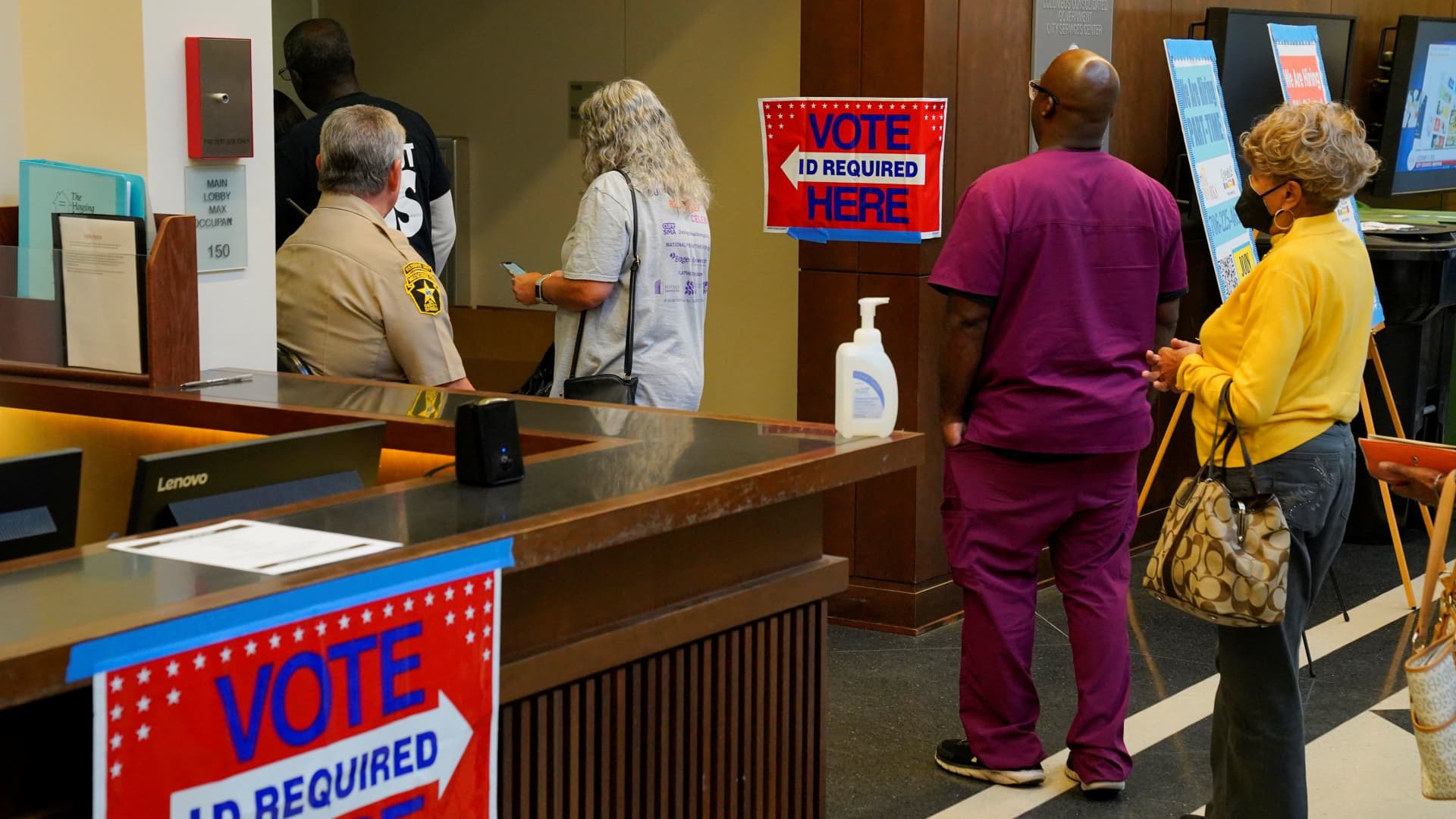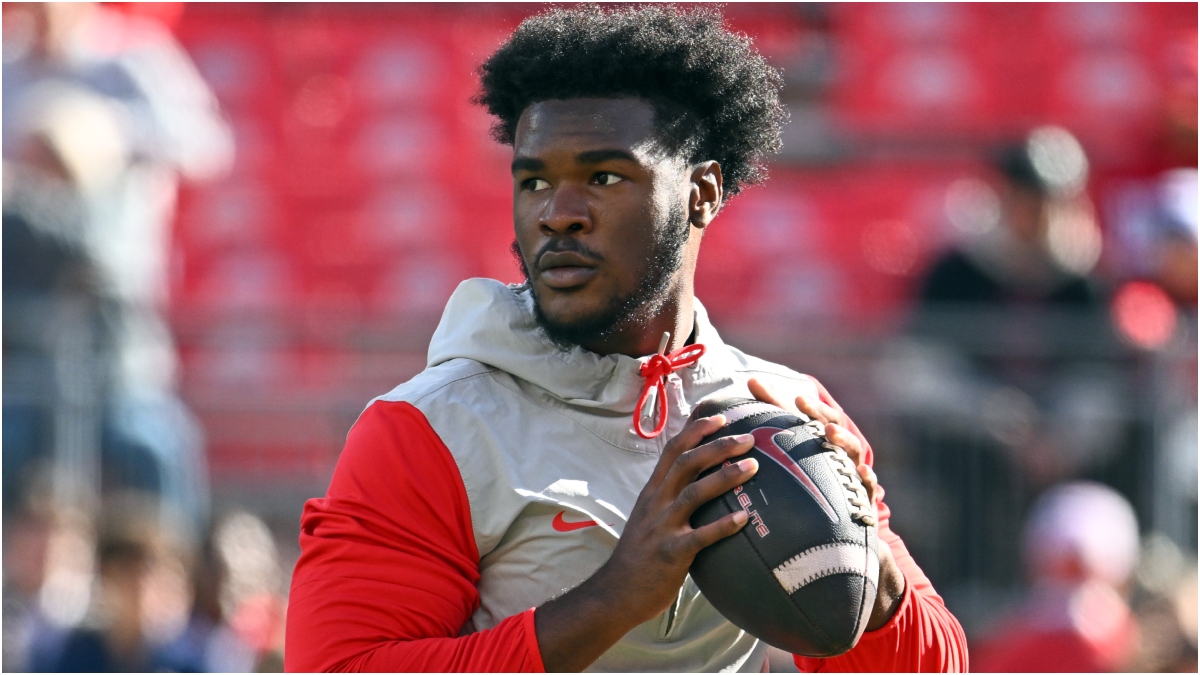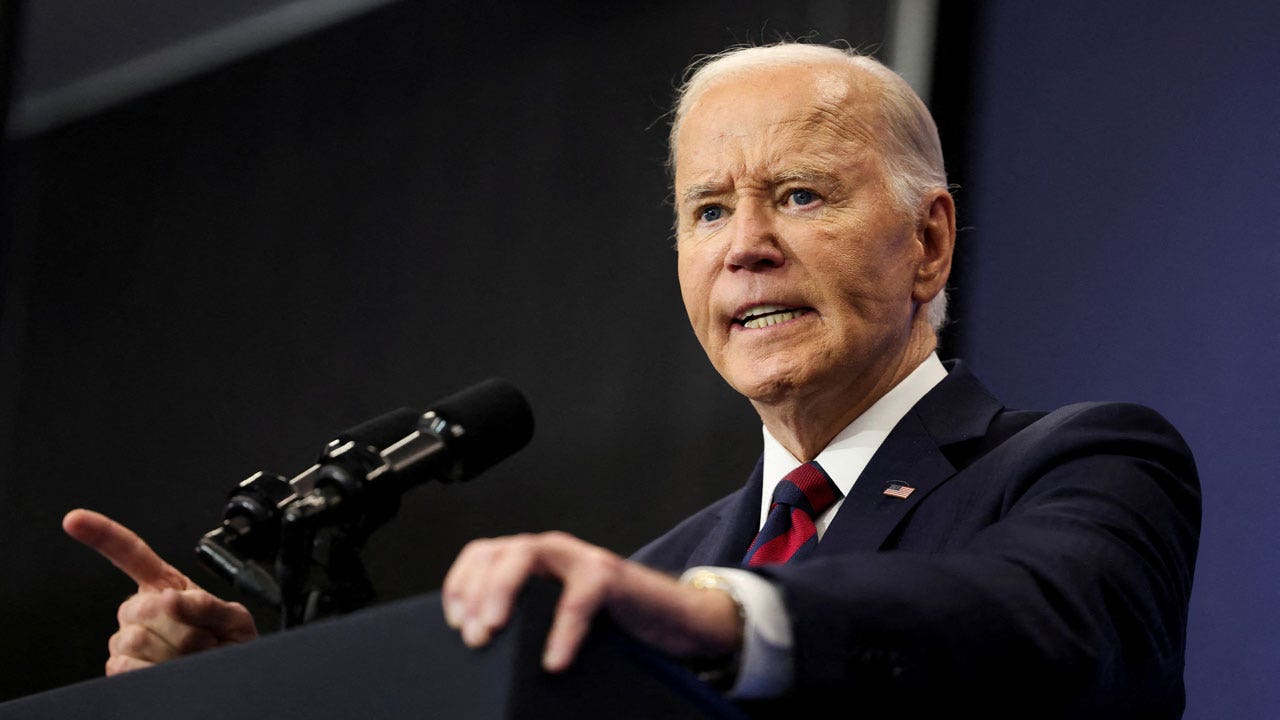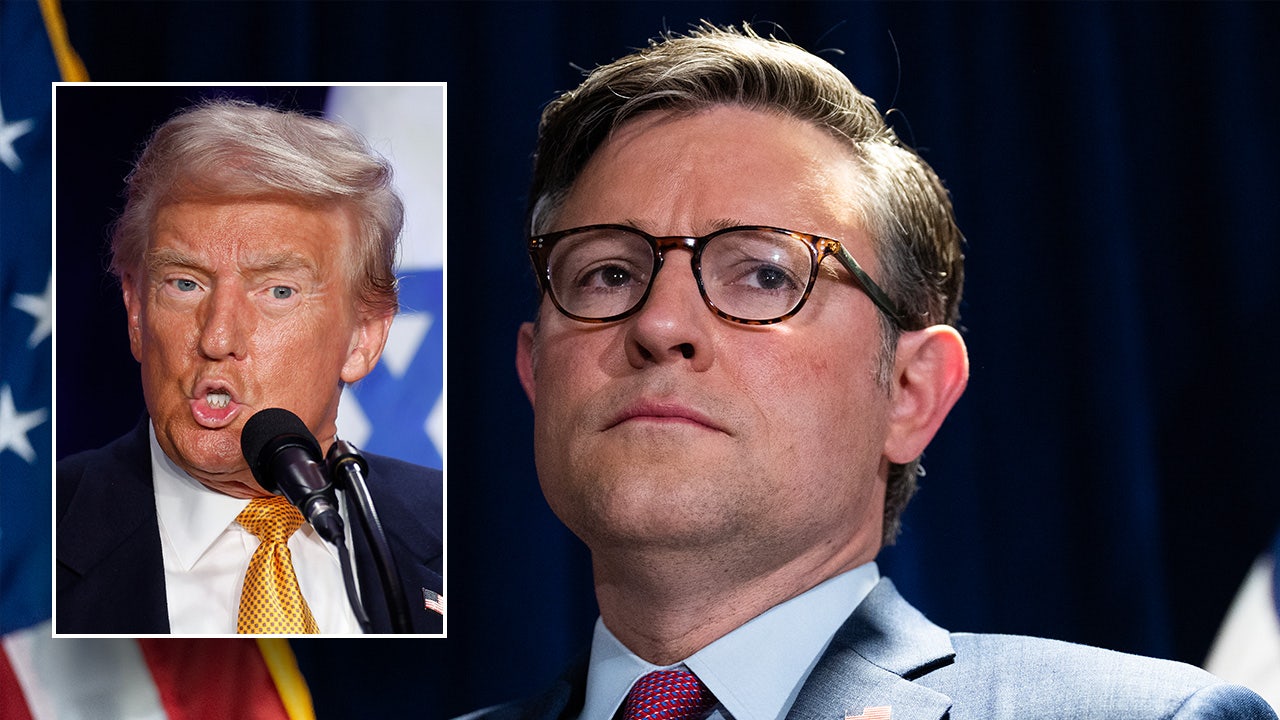Joe Biden has stamped his legacy on the federal bench after Senate Democrats raced to confirm more than 200 nominees to lifetime appointments in courts across the US, outpacing Donald Trump’s tally during his first presidency.
The number of Biden’s judicial nominees reached 235 as Congress ended its latest session last week, topping the 234 federal judges confirmed by Trump during his first term. It was the most judges appointed by a president during a single four-year term since the 1980s, Biden said in a statement.
As Biden’s presidency drew to a close, Democrats in the Senate — which is tasked with confirming federal judges — had pushed to secure as many confirmations as they could before control of Congress and the White House is ceded to Republicans next month.
They hope that this final dash will counter the wave of judicial confirmations during Trump’s first term that fundamentally reshaped the US judiciary, swinging courts at all levels to the right.
Trump’s appointment of three Supreme Court justices also skewed the ideological scale of the country’s most powerful bench, splitting it 6-3 between conservative and liberal justices.
The Supreme Court’s conservative majority has since handed down rulings that have reverberated across American society, including striking down a decision enshrining the constitutional right to an abortion — moves that in turn emboldened right-leaning judges in lower courts, many appointed by Trump, to rule in favour of conservative causes.
The growing boldness of the American judiciary coupled with an increasingly polarised political landscape have turned judicial appointments into a critical frontier of presidential power. Judges at all levels have the opportunity to weigh in on challenges to administrations’ rules and laws, providing a powerful check on controversial policies.
Democrats’ last-minute push, which started in the wake of Biden’s election loss in November, infuriated Trump. He called on the Senate to block Biden’s judicial nominations: “The Democrats are trying to stack the Courts with Radical Left Judges on their way out the door.”
“There has been increasing polarisation around the appointment of federal judges,” said Paul Butler, professor at Georgetown Law. The Republican party has historically prioritised judicial picks — and Biden has taken a leaf out of that playbook, Butler added.
Biden’s appointments also stand out for their diversity, including what he described as “a record number of judges with backgrounds and experiences that have long been overlooked”.
Approximately two-thirds of confirmed judges are women and people of colour. Biden has appointed more Black women to US circuit courts than all previous presidents combined, and his sole Supreme Court nominee, Ketanji Brown Jackson, was the top court’s first Black woman.
“Biden’s focus has been on remedying all of the decades where people other than straight white men weren’t considered for the bench,” said Butler.
Biden has also picked a record number of public defenders, more than 45, as well as labour and civil rights lawyers — at least 10 and more than 25, respectively — for the federal bench.
“It’s absolutely crucial for a thriving, multiracial democracy that there are judges who not only look like all of us, but who have studied and spent their careers understanding how the laws impact people’s lives,” said Lena Zwarensteyn, senior director of the fair courts programme at The Leadership Conference on Civil and Human Rights, a civil-rights group.
The pendulum is set to swing back yet again. A new stream of conservative judicial appointments is expected once Trump returns to the White House next month and as Republicans take hold of the Senate.
“I’m incredibly proud of how the Senate Republican Conference worked as a team with former President Trump to shape the federal judiciary,” John Thune, the newly elected Republican Senate leader, said earlier this year. “I look forward to working with him to double down on our efforts during his next term in office.”

























/cdn.vox-cdn.com/uploads/chorus_asset/file/23951353/STK043_VRG_Illo_N_Barclay_3_Meta.jpg)
/cdn.vox-cdn.com/uploads/chorus_asset/file/24924653/236780_Google_AntiTrust_Trial_Custom_Art_CVirginia__0003_1.png)



